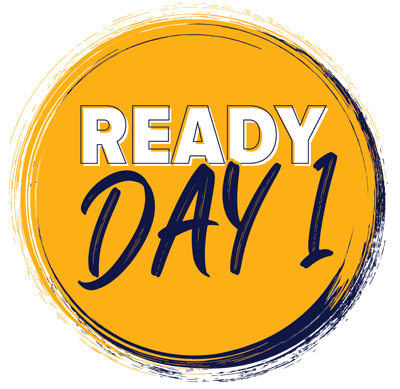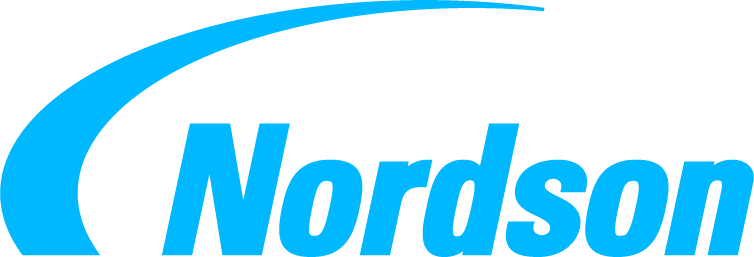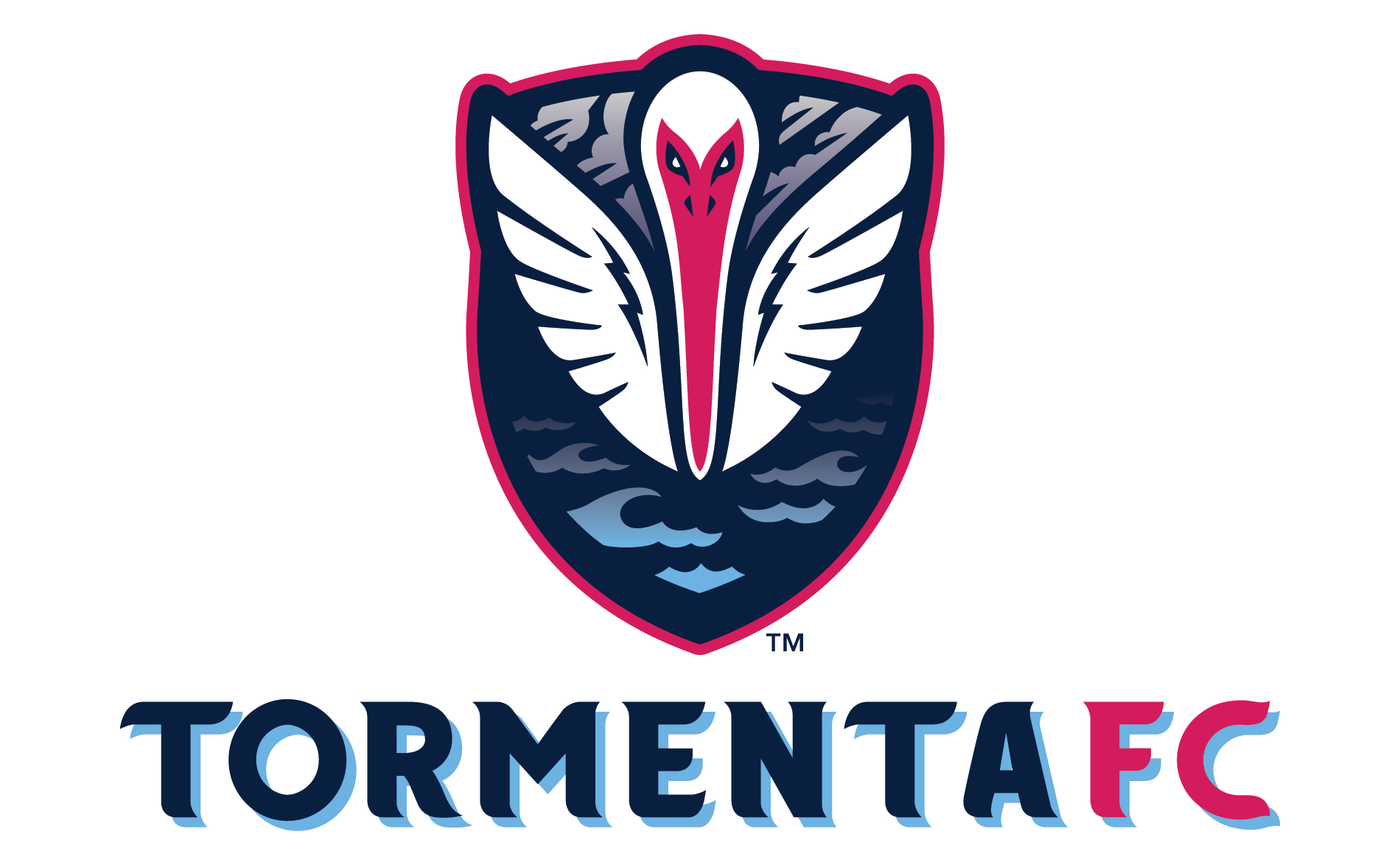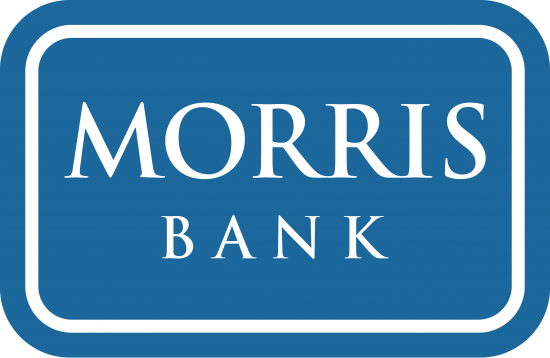Career Readiness Competencies
The National Association of Colleges and Employers (NACE) has identified 8 core competencies that employers seek in candidates. Career readiness is defined as “a foundation from which to demonstrate requisite core competencies that broadly prepare the college-educated for success in the workplace and lifelong career management.”
The Office of Career and Professional Development is here to help you become career ready.
- Review the career competencies below and implement strategies to develop and improve your competencies.
- Meet with your Career & Internship Advisor throughout your time at Georgia Southern to ensure that you are making strides in your career plan.
- Make your efforts official by becoming Ready Day One certified!
The Eight Career Competencies

Career and Self Development
Proactively develop oneself and one’s career through continual personal and professional learning, awareness of one’s strengths and weaknesses, navigation of career opportunities, and networking to build relationships within and outside of one’s organization.
Strategies for Development
- Take the FOCUS Career Assessment to identify your interests, skills, and values and how they relate to careers.
- Schedule an appointment with your Career & Internship Advisor.
- Research career opportunities using Candid Career.
- Conduct an informational interview with a faculty member or professional in your field of interest.

Communication
Clearly and effectively exchange information, ideas, facts, and perspectives with persons inside and outside of an organization.
Strategies for Development
- Take Principles of Public Speaking (COMM 1110).
- Participate in a mock interview with your Career & Internship Advisor or by using Big Interview.
- Join a professional organization and if possible attend a conference.
- Develop an elevator pitch to prepare for networking events.

Critical Thinking
Identify and respond to needs based on an understanding of situational context and logical analysis of relevant information.
Strategies for Development
- Join a debate team.
- Participate in classroom discussions.
- Evaluate the reliability of information sources used for research papers.
- Get involved in research projects with faculty.

Equity and Inclusion
Demonstrate the awareness, attitude, knowledge, and skills required to equitably engage and include people from different local and global cultures. Engage in anti-racist practices that actively challenge the systems, structures, and policies of racism.
Strategies for Development
- Join a multicultural student organization.
- Participate in Study Abroad.
- Attend a program offered by the Office of Multicultural Affairs.
- Attend a program or workshop outside of your own culture.

Leadership
Recognize and capitalize on personal and team strengths to achieve organizational goals.
Strategies for Development
- Become involved in programs offered by the Office of Student Leadership and Community Engagement.
- Take on a leadership role in a student group or other campus involvement such as Student Government Association (SGA), SOAR Leaders, Southern Ambassadors, or Resident Advisors.
- Serve as the leader of a class project.
- Attend SOLD Series workshops.

Professionalism
Understand and demonstrate effective work habits, and act in the interest of the larger community and workplace.
Strategies for Development
- Obtain professional attire or visit the Suited for Success career closet if you are in need of professional clothing.
- Be on time!
- Complete an internship, co-op, or other experience in your chosen field to learn about workplace culture.
- Take GSU 2132: Professional Development Seminar.

Teamwork
Build and maintain collaborative relationships to work effectively toward common goals, while appreciating diverse viewpoints and shared responsibilities.
Strategies for Development
- Visit Eagle Engage and join a student organization.
- Volunteer in the community working with others.
- Participate in group projects within a class.

Technology
Understand and leverage technologies ethically to enhance efficiencies, complete tasks, and accomplish goals.
Strategies for Development
- Take a CISM course (CISM 1110 or higher).
- Learn industry-specific technology through your courses such as AutoCAD, SPSS, etc.
- Become Google Certified.
- Create a LinkedIn profile and utilize Handshake.
Last updated: 9/21/2022















